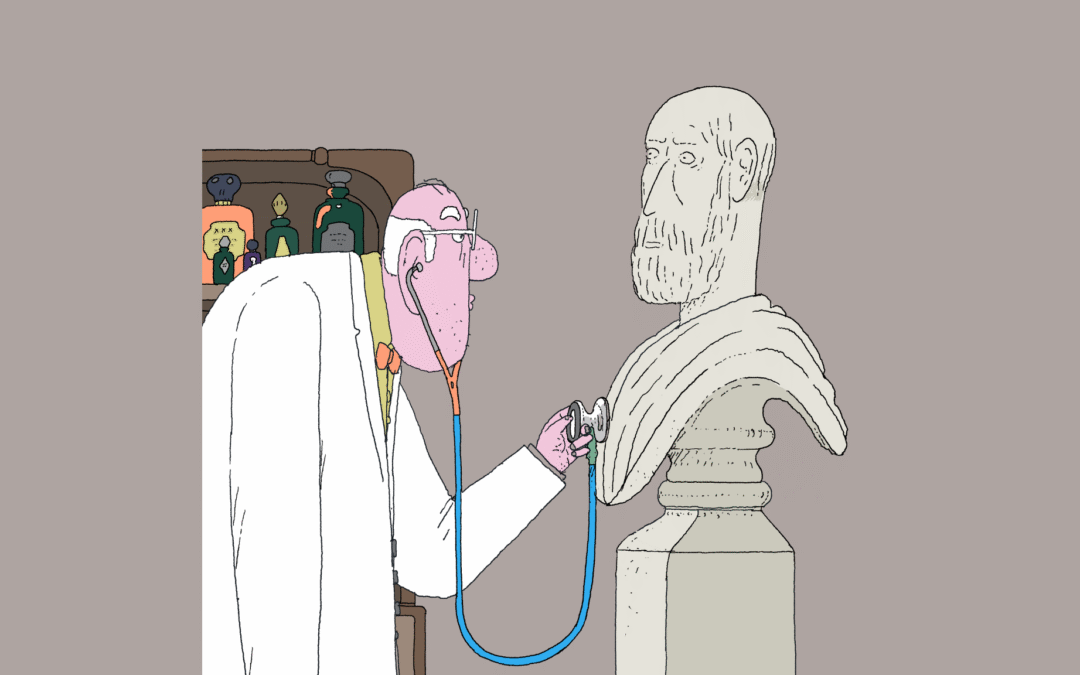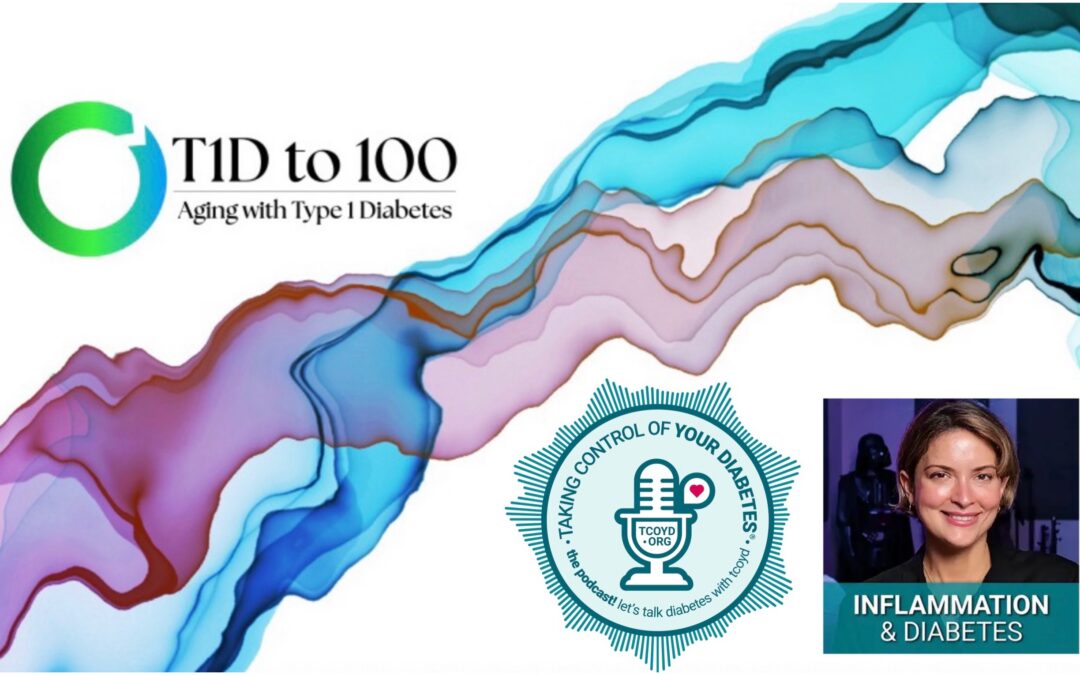Home > What’s Happening? > Inflammaging

Inflammation and Aging … or “Inflammaging”
Is “chronic, smoldering low-grade inflammation” associated with many health issues?
Excerpts from a news item in the Washington Post,” Is ‘inflammaging’ part of getting older? Here’s what experts say,” written by Richard Sima and published 12 October 2025.
As we age, we tend to have more aches, pains, and diseases. Researchers believe that some of these may be related to persistent inflammation. They call it “inflammaging” — age-related inflammation, which is present even in the absence of injury or illness.
It is considered a hallmark of aging and is characterized by a “chronic, smoldering low-grade inflammation,” said Vishwa Deep Dixit, a professor of pathology and immunobiology and the director of the Yale Center for Research on Aging.
This chronic smoldering is unfortunately associated with a host of health issues, but new research suggests that not everyone may experience inflammaging. Some Indigenous people don’t seem to get inflammaging at all compared with people in industrialized countries.
Either way, researchers are studying how to curb this type of inflammation to stave off its health effects. Understanding inflammaging is crucial for understanding the biology of aging and what we “can do to stall the degenerative diseases that emerge from inflammaging,” Dixit said.
What causes inflammaging
Normally, inflammation is important to our bodies mounting an immune defense when we get an infection or injury and shutting off when the threat passes.
With inflammaging, however, inflammation persists even when there is no infection to fight. (“The purpose of this inflammation is actually still unclear,” Dixit said.)
A major source of the smoldering, inflammatory signals seems to be stressed out, damaged cells that release proteins indicating “something is not going well,” said Alan Cohen, an associate professor of environmental health sciences at Columbia University’s Mailman School of Public Health.
“As we age, our internal stressors increase. This is more or less inevitable. Something is not going well. In any species that ages, something is not functioning as well with age,” he said.
Inflammaging and health
Inflammaging has been strongly associated with several age-related health conditions, including atherosclerosis, cardiovascular diseases, diabetes, frailty, dementia and death. Inflammaging (as we know it) is not universal.
In a recent study, Cohen and his colleagues found that inflammaging — at least as commonly measured with cytokines — is not universal and appears to be associated with an industrialized lifestyle.
How to manage inflammaging
A healthier lifestyle in your younger years will benefit you in your older years.
“Life is interesting in that sometimes it starts sending you a bill for the things you did 20 years earlier,” Vaccari said. Older people who already have high inflammation could adopt more targeted approaches to address the root causes of inflammation, Cohen said.
Here’s the link to the article: Is ‘inflammaging’ part of getting older? Here’s what experts say.
(May require subscription to The Washington Post, washingtonpost.com)
Recent Stories & News

The Wit and Wisdom of Fran Carpentier: 57 Years with Type 1 Diabetes
“I think that my first husband felt that I made life hard for us. I couldn’t be as spontaneous as he probably wanted me to be. You know this was pre-insulin pumps and CGMs. We were young, he wanted to go out and do things and I felt I had to do things a certain way to keep my sugar really well-controlled. I think I’m the most fun person in the room, but he felt that I was a wet blanket. There was probably truth to it forty years ago. Today, technology has freed up life for us T1Ds. Of course that freedom means relying on all manner of medical apparatus and being visible about it.”

Museum curator, 77, Learns Gen Z (AAVE) Slang and Goes Viral: “Honestly, she ate.”
The National Gallery of Art’s deputy head of sculpture stepped behind a 16th-century urn and began to describe it to the camera. “Chat, I’m about to buss it down Roman Empire style,” said Alison Luchs, 77, using Gen Z slang she recently learned. “Haters will say this urn is mid, but they don’t know we’ve clocked its tea.”

Aging with T1D: In Living Color
Haidee Merrit is a New Hampshire-based artist best known in theT1D community as a cartoonist whose three books of diabetes-themed cartoons and illustrations share a humorous, and often edgy, take on life as a type one. She is also a colorful artist whose works are vibrant and lively, often featuring vividly detailed insects or splashy abstract landscapes. She met with us at T1Dto100 to talk about what led her to her specific art forms and her philosophy about living with T1D.

When the Doctor Needs a Checkup
A summary of a New York Times article depicting the struggle of doctors as they age out of their careers and best practices for addressing the issue.

TCOYD Podcast Ep 92: Inflammation and Diabetes with Dr. Jennie Luna
Taking Control of Your Diabetes (TCOYD) hosts Dr. Steve Edelman and Dr. Jeremy Pettus sit down with endocrinologist Dr. Jennie Luna to discuss inflammation and diabetes.

0 Comments